Guest Columns
Policy flaws, regime flaws, and patriotism
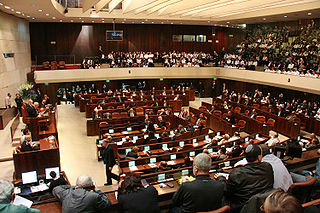
Whether the Israel’s government is led by the Left or by the so-called Right, conventional right-wing critics of the Government find it easy to fault its policies concerning the Oslo policy of “territory for peace” process.
Fatal flaws in foreign policy
One does not have to go to college to see that Israel’s Jewish leaders must be mentally impaired or retarded to give land to Arabs who want to annihilate the Jewish state. In that case, the solution to this dilemma is not to educate these mindless leaders of Israeli democracy, but to eliminate them in the next election.
But it has become obvious even to high school students that democratic elections in Israel during the past twenty-three years have failed to produce any solution to this death-ridden problem, not even when Israeli prime ministers offer the Arab Jew-killers of the Palestinian Authority statehood, as certain pious Christians advocate.
In Israel, right-wing criticism of the Government is based on the mistaken assumption that that policymakers need to be enlightened, that their policy flaws are basically intellectual. What the critics fail to see is that Israel is suffering not simply from flawed leaders and their flawed policies, but also from a flawed regime.
Flawed policy from a flawed regime
The primary target of right-wing critics should not be the policies of Israel’s Government, but the nature of the regime that generates those flawed policies, since the policies persist regardless of which party is at the helm. This means that Israel’s policy flaws are rooted in Israel’s regime flaws, and the former can’t be corrected so long as the latter are ignored.
Of course, foreign policies are made by human beings who may be influenced from abroad. Hence some critics attribute the faulty policies of Israel’s Government either to the mediocre character of its leaders, or what is almost the same, to American pressure. But the character of a country’s leaders and their reaction to external pressure are affected by the character of the regime. If a regime tends to produce flawed or timid leaders, hence flawed or timid policies, something is wrong with regime. If the regime is a particular democracy, critics should ask: “What needs to be done to make this democracy better and thereby improve its Government’s policies?”
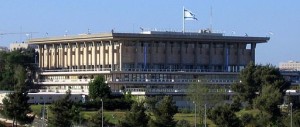
The Knesset Building, a south angle from the Israel Museum, on Yom HaAtzmaut. Photo: Uer Beny Shlevich on Wikimedia Commons, CC BY-SA 3.0 Unported License
Now, as I have elsewhere shown in detail, Israel’s system of Government does not exemplify an authentic democracy despite periodic multiparty elections. For the sake of this article, however, let us call Israel a “flawed democracy.” Consider its system of Proportional Representation (PR). Viewed by itself, nothing could be more democratic. Yet, as any political scientist worthy of the name knows, PR without constituency elections is a formula for oligarchy.
In fact, Israel is almost the only democracy whose parliament, the Knesset, is based on proportional representation without constituency elections. The entire country constitutes a single electoral district. Voters cast their ballots in parliamentary elections for political parties, not for individual representatives. Hence Knesset Members (MKs) owe their position to their party, not to the votes of constituents, in consequence of which they cannot function as judges of their Government’s policies as do legislators in all democratic systems of government.
Whereas American Congressmen and Senators know that in the final analysis they owe their political office to their constituents, an Israeli MK knows that he owes everything – his position, salary and perquisites – to his party. If he votes against the head of his party, who may be the Prime Minister or a Cabinet Minister, he is committing political suicide. This inhibits him from exercising individual judgment, hence from blocking Government policies he deems unwise or pernicious. But this also means that the citizen has no representative in the legislature that can effectively uphold his beliefs and concerns vis-à-vis the Government.
Because an MK has no base of constituency power, he is less able to resist international pressure, something unique to Israel. Conversely, because Jews cannot rely on any Knesset Member to uphold their convictions, they are all the more subservient to world opinion, especially to opinion-makers in the United States. The Oslo “peace process” should be viewed in this light. But this is not all.
To obtain seats in Israel’s parliament, a party need obtain only 3.25 percent of the votes cast in Knesset elections. The result is a profusion of rival parties not only in the Knesset, but also in the Cabinet. With a divisive Cabinet, it becomes virtually impossible to formulate and execute coherent policies conducive to the nation’s security.
Therefore, thanks to Proportional Representation and the absence of constituency elections, Israel continues to adhere to Oslo’s fatuous and infamous policy of territory for peace!
What must also be emphasized, however, is that Israel’s parties have a vested interest in preserving this grotesque political system, which the citizen is powerless to change. Every two years on the average, he exercises his political freedom and then relapses into servitude.
Fundamental reform
Regime flaws require regime remedies, not merely new political leaders. Stated another way, Constitutional flaws require Constitutional remedies. But inasmuch as Israel’s political parties have a vested interest in preserving the existing System of Government, the no serious progress has been made.
Although I have designed and published the general structure of a holistic constitution – one that would make Israel more democratic by Jewish means and more Jewish by democratic means – no Knesset party has thus far has displayed the political courage or patriotism and intellectual depth to rally behind such a constitution. Perhaps to expect such qualities from typical Israeli politicians is like expecting chickens to vote for Colonel Sanders!☼
Editor’s Note: Two years ago Moshe Feiglin, of the Jewish Leadership (Manhigut Yehudit) faction of Likud, made this speech before the Knesset about the Oslo policy:
-

 Human Interest4 days ago
Human Interest4 days agoIdaho prepares to defend its abortion ban
-

 Education2 days ago
Education2 days ago‘Grading for Equity’: Promoting Students by Banning Grades of Zero and Leaving No Class Cut-Ups Behind
-

 Civilization4 days ago
Civilization4 days agoEarth Day Should Celebrate U.S. Progress & Innovation
-

 Civilization3 days ago
Civilization3 days agoNewsom plays silly abortion politics
-
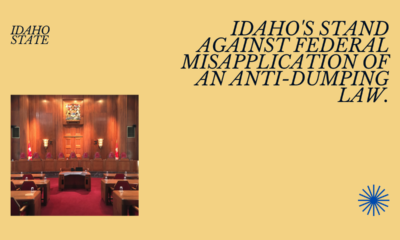
 Family1 day ago
Family1 day agoIdaho defends against abortion mandate
-
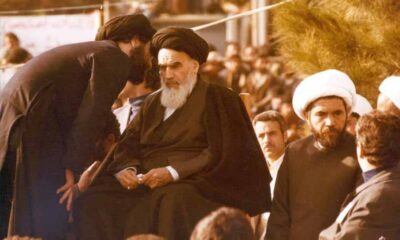
 Education4 days ago
Education4 days agoThe Intifada Comes to America. Now What?
-

 Civilization4 days ago
Civilization4 days agoEarth Day – part of cultural Marxism
-

 Civilization3 days ago
Civilization3 days agoWaste of the Day: China Still Owes Over $1 Trillion to American Bondholders



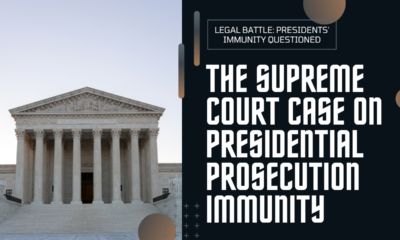











Ronald Hanforth liked this on Facebook.